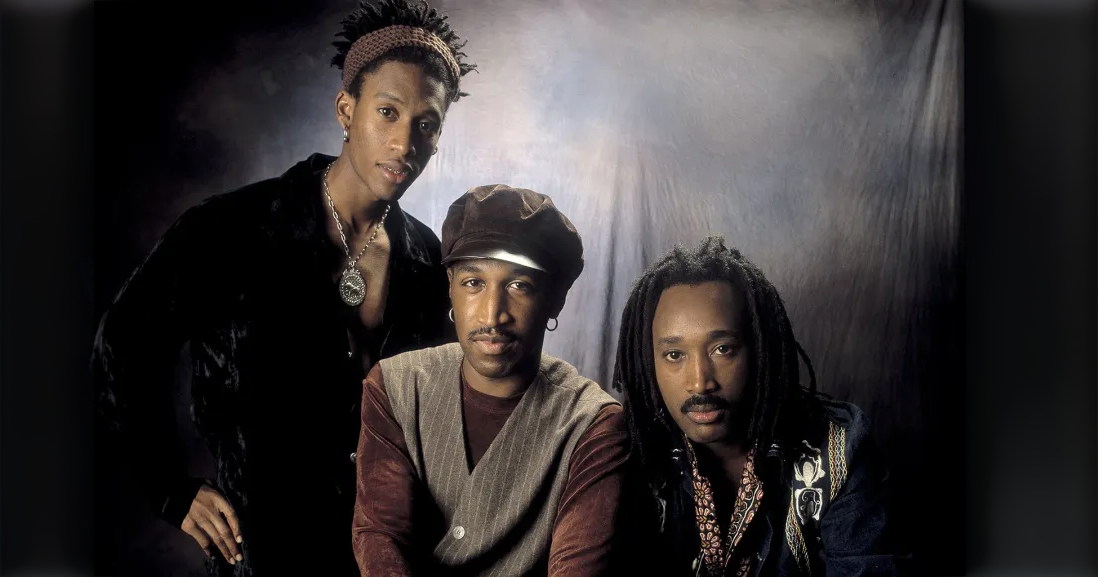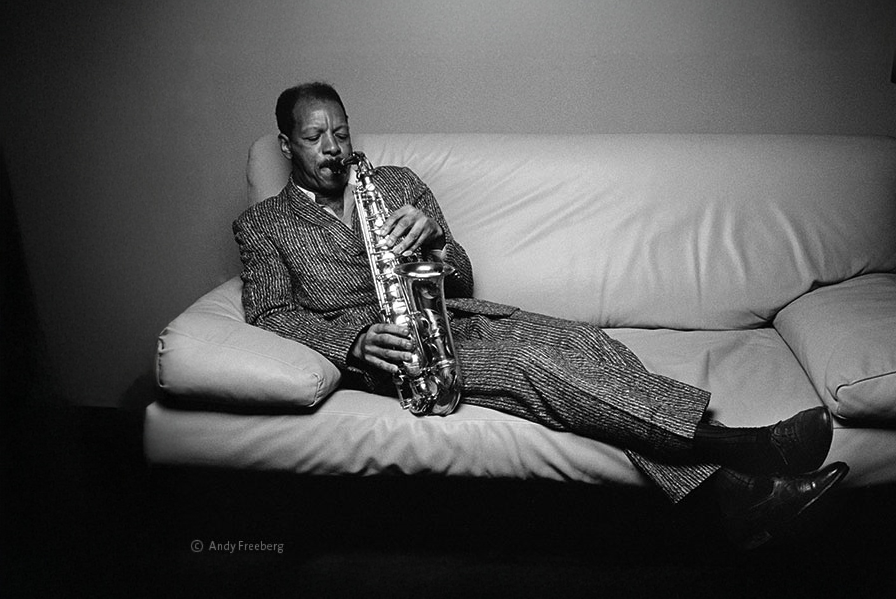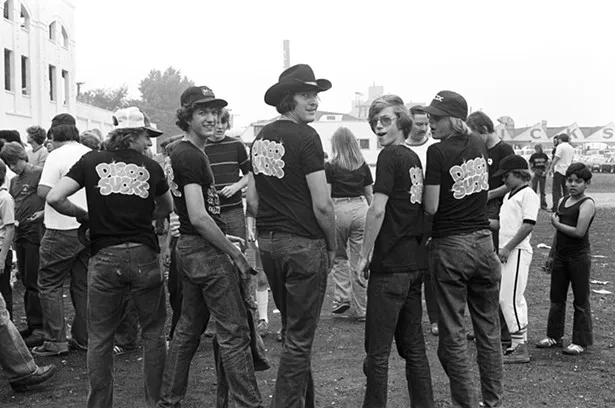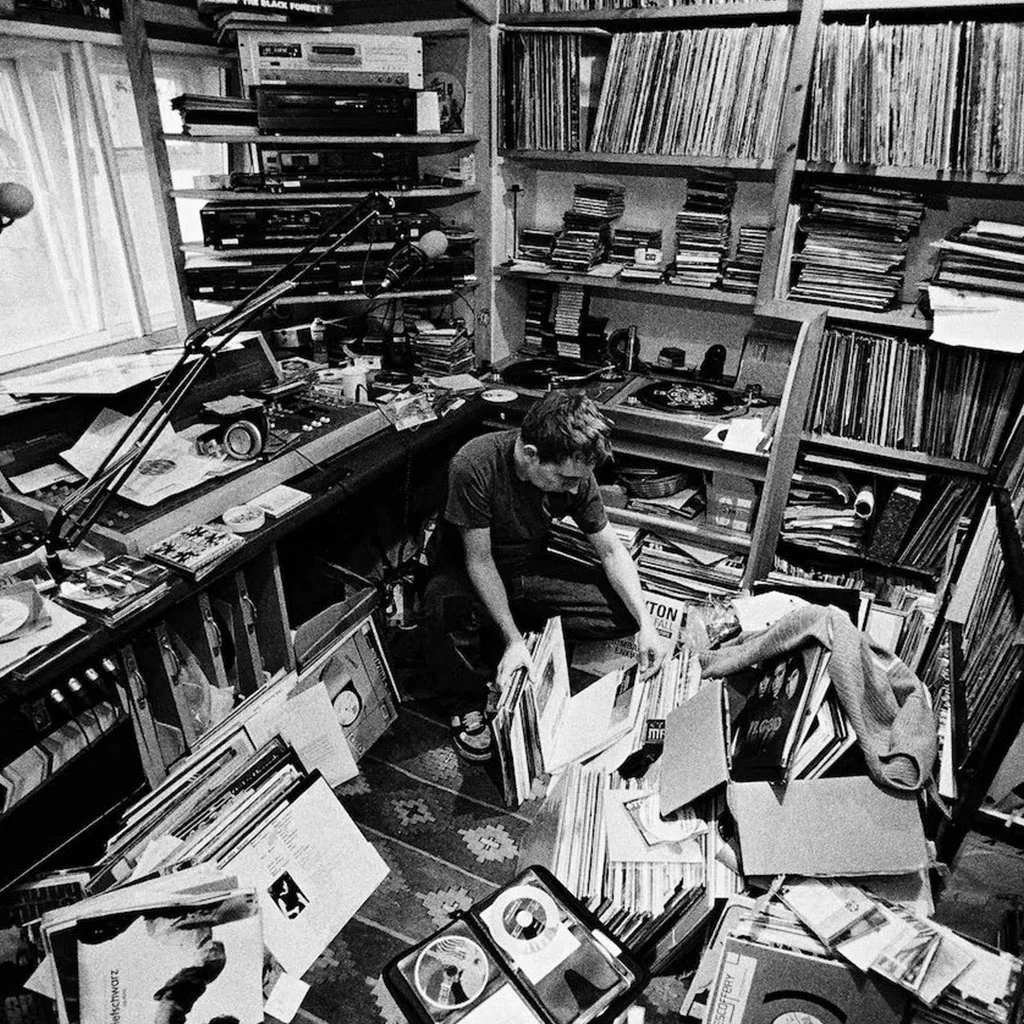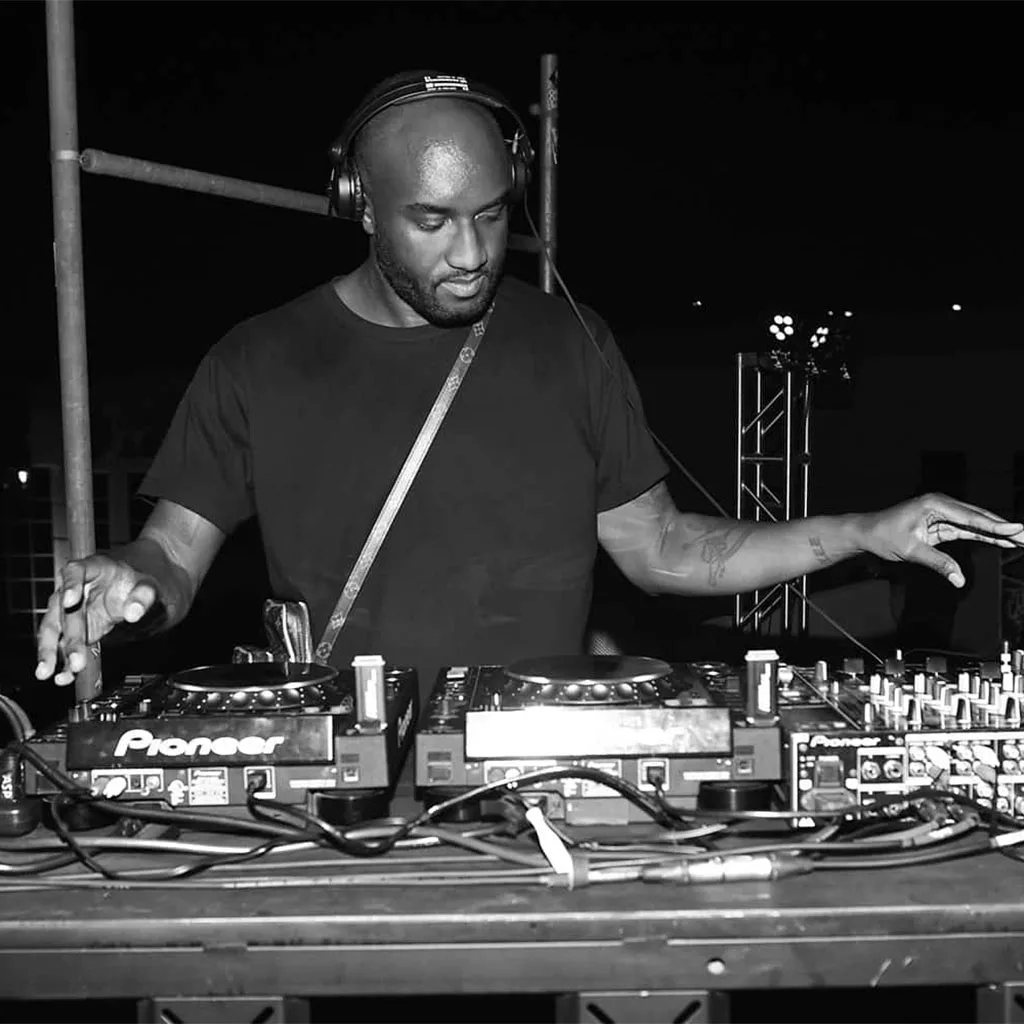Rebel, Innovator, Starman: The Legacy of David Bowie
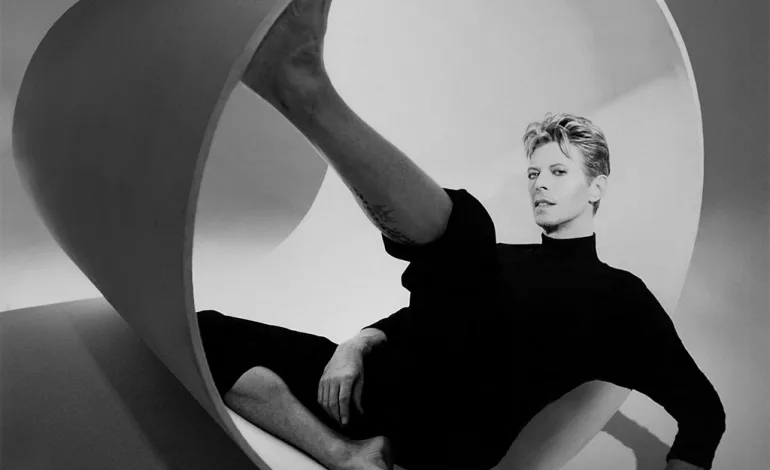
David Bowie, the legendary and ever-changing artist, was a true rebel, innovator, and Starman. From his early days as a mod rocker to his groundbreaking experiments with glam rock and electronic music, Bowie’s musical legacy spans decades and generations, leaving an indelible mark on the music industry.
Exploring the Man Behind the Music
Born on January 8th, 1947, in Brixton, London, Bowie rose to become one of the most influential and innovative artists of the 20th century. With his eclectic blend of rock, pop, folk, and electronic music, he created a sound that was uniquely his own and inspired countless musicians that followed in his footsteps.
Growing up in post-war London, Bowie developed an early interest in music, particularly after his father gave him a used record player for his 13th birthday. He was soon hooked on the sounds of American rock and roll, blues, and jazz, and began playing the saxophone and guitar.
In his late teens, Bowie joined a series of bands and began his journey as a professional musician. He released his first single, “Liza Jane,” when he was just 17 years old. But behind the music and the image, as much as he was a master of reinvention, he was also a deeply introspective artist who explored themes of identity, sexuality, fame, and mortality throughout his work.
Bowie’s Many Faces: An In-Depth Look at His Persona and Artistry
It wasn’t just his music that made Bowie an icon, it was his dynamic persona, his willingness to push the boundaries of gender and sexuality, and his ability to reinvent himself.
One of Bowie’s most iconic personas, Ziggy Stardust, was a glam rock alien who captivated audiences with his androgynous style and theatrical performances. The persona had a brief but explosive run, culminating in a final concert where Bowie announced that Ziggy Stardust was no more. After the dissolution of Ziggy Stardust, Bowie took on the Thin White Duke persona, a slick and enigmatic figure with a dark, brooding sense of cool. The Thin White Duke was a complex, often contradictory figure, reflecting the inner turmoil that Bowie was experiencing at the time.
Following a period of intense soul-searching, Bowie retreated to Berlin, where he underwent a profound transformation. He experimented with electronic music, recording a series of albums that would come to be known as the Berlin Trilogy. Then in his final album, “Blackstar,” Bowie adopted a persona that reflected his own mortality, and it was a masterclass in artistic reinvention, a testament to his unparalleled talent and creativity.

Life on Mars?” Exploring Bowie’s Fascination with Outer Space
David Bowie was not only a musical icon but also an outer space enthusiast. His music was a cosmic, otherworldly odyssey that allowed his fans to escape this planet and explore the vastness of the universe. In his hit song “Life on Mars? “, Bowie transports listeners to a world beyond our own and asks the age-old question: Could there be life on other planets?
He often referenced science fiction in his lyrics, drawing inspiration from movies and TV shows such as “2001: A Space Odyssey” and “Star Trek.” Bowie once said, “I’m a science-fiction fan myself. I want life to be more interesting than it is.” This desire for adventure and the unknown drove his creative output and made him a true pioneer of his time.
Bowie’s fascination with outer space also led him to experiment with different sounds and technologies. He once said, “I always wanted to sound like someone who didn’t exist.” To achieve this, he used drum machines, synthesizers, and various effects to create his otherworldly sounds. His love for science fiction allowed him to create a sound and style that was truly unique.
The Enduring Influence of David Bowie: How He Shaped Music and Culture?
David Bowie was not just a musician, he was a true icon. With his unique blend of rock, pop, folk, and electronic music, he created a sound that was all his own and inspired generations of musicians that followed in his footsteps. But his impact went far beyond music, with his fashion and social and political influence changing the way we see the world. In this article, we’ll explore the enduring legacy of David Bowie’s artistry and how his music and persona continue to shape the culture we live in today.
Bowie’s Influence on LGBTQ+ Culture: An Introduction to His Queer Legacy
Bowie was a champion of individuality and sexual liberation, particularly within the LGBTQ+ community. He famously declared himself bisexual in a 1972 interview, challenging the societal norms and conservative attitudes of the time.
His androgynous fashion sense and persona blurred the lines of gender identity, breaking down traditional barriers and showcasing the beauty of individuality and self-expression. Bowie’s influence on LGBTQ+ culture and the movement for equal rights has been immeasurable, and his legacy continues to inspire members of the community today.
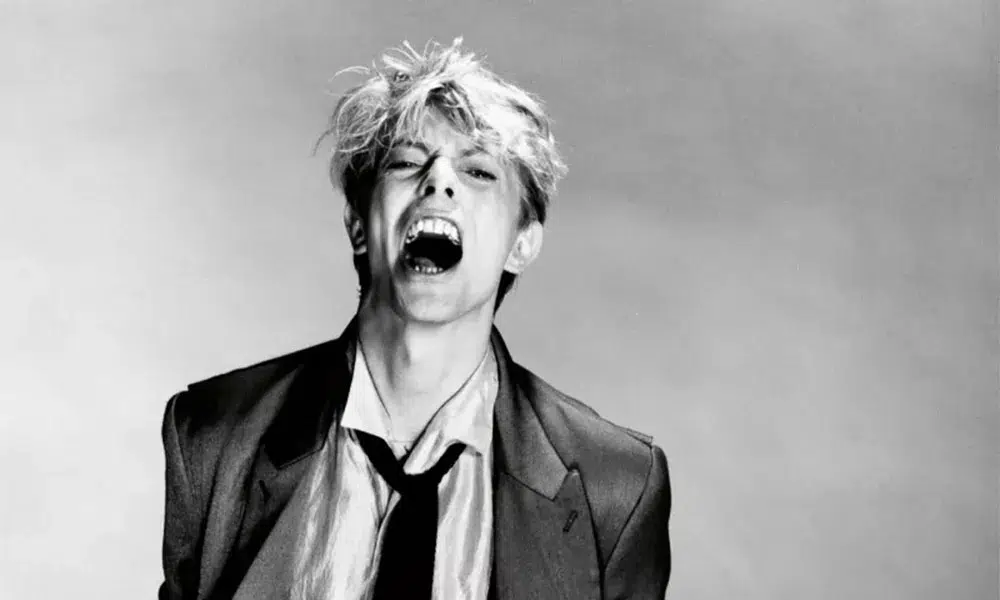
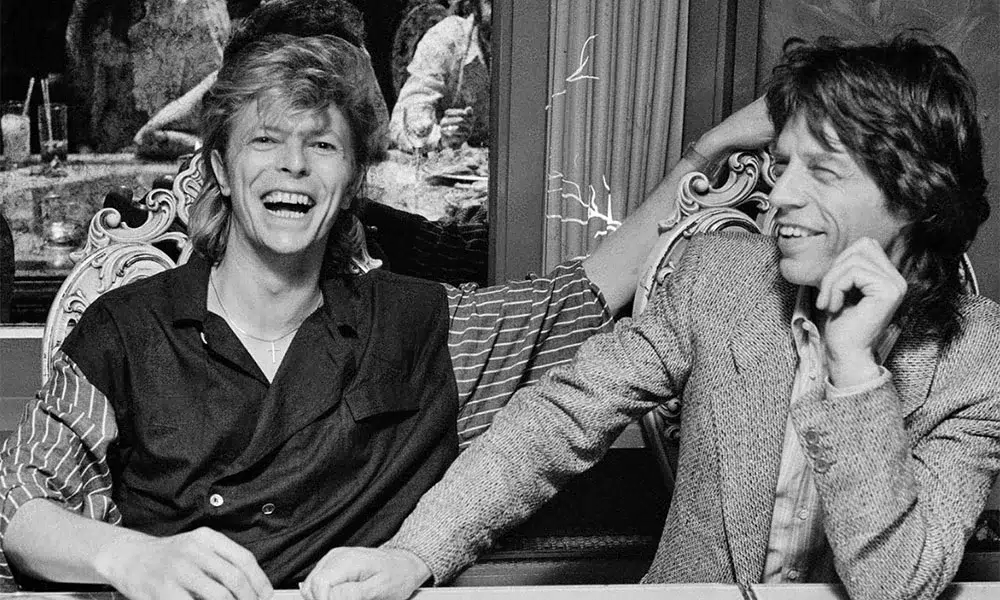
Music as a Vehicle for Change. Bowie’s Social and Political Impact
Bowie used his music as a platform to challenge social norms and political ideologies. His songs explored themes of identity, sexuality, and rebellion, and his lyrics often carried powerful messages about society and humanity.
For instance, in “Changes” Bowie sings about the importance of embracing change and transformation, while “Young Americans” addresses racial tensions in America. Bowie’s music became a vehicle for change, allowing him to express his opinions on a wide range of social and political issues.
Bowie’s Fashion Evolution: How He Changed the Way We Dress?
Bowie was a true fashion chameleon, constantly experimenting with new styles, fabrics, and images. He famously created Ziggy Stardust, a gender-neutral alien, whose daring and colorful costumes broke down barriers and challenged conservative fashion norms.
Throughout his career, Bowie continued to change his image and persona, influencing the fashion industry with each new look. He became a cultural icon, not just for his music, but for his boundary-pushing fashion sense and his encouragement for people to be true to themselves. He was never shy when it came to wearing bold outfits, and each one of his looks was a testament to his creativity. But despite taking fashion risks, Bowie remained rooted in his belief that there should be no rules when it came to dressing. He once said: “I want to free people from the idea that there are certain styles or ways to look cool. Embrace the freedom that we all have to create our own individual styles.”
Nearly seven years after his death in 2016, Bowie’s fashion evolution continues to inspire and captivate. His influence on fashion is evident in current trends. From gender-neutral dressing to androgynous fashion, today’s pop stars are following the path Bowie blazed.
David Bowie used his artistry to challenge social and political norms, promote individuality and self-expression, and break down barriers. His legacy continues to inspire artists and fans alike, shaping the culture we live in today. Bowie’s influence will continue to be felt in the years to come, inspiring future generations of artists to embrace their own unique perspectives and push the boundaries of creative expression.

Longing For Better Music?
No one belongs here more than you do.
Literal is an independent groove radio where you feel you truly belong.
You can listen online for funky tunes. Tune in!
Can’t get enough? Us neither! Follow our Spotify playlist.
Also, you can follow us on Instagram


